

Global Online Scrum Leadership Event
Organizations are everyday evolving, transforming and outmatching the current technology. It requires them to adapt to futuristic solutions and go strength to strength.
Our mission is to address the challenges of the current business environment to explore Scrum for Future, and guide the industry to lead through the volatility by bringing the best knowledge and information from the pioneers and leaders of Scrum, and advance the conversation to actionable ideas.
‘Rethink’ & ‘Evolve’ is the need of the hour. Our goal is to discover new skills, tools and norms in the current situation to improve ways of working and life of people.
Join us in exploring Scrum for Future.
Global Online Scrum Leadership Event
Find inspiration to overcome the VUCA conditions to redefine the future.
Hear from the best Scrum, Leadership & Management minds.
Gain new insights and embrace new perspectives.
Learn how you can be future ready in changing times.
Join the pioneers and participants from all across the world.
Come together to imagine and define the future, and innovate with Scrum.
Global Online Scrum Leadership Event
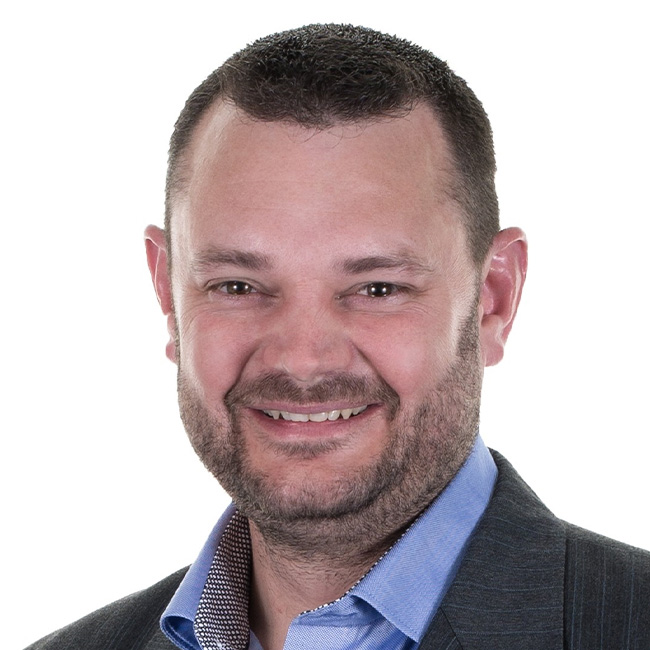
Co-Author, Mastering Professional Scrum

Author, The New Normal
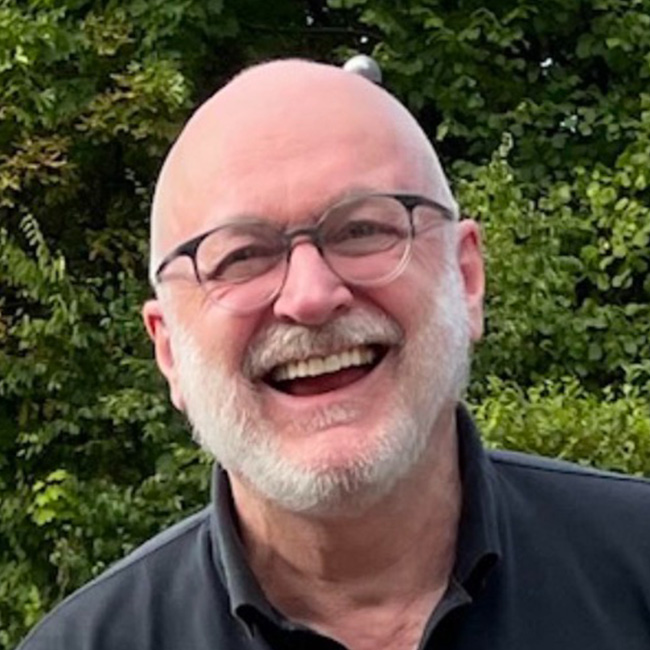
Agile Psychologist

Founding Partner, Sticky Agile LLC

Owner, Agile Infusion LLC

Agility Coach, Agile Infusion LLC
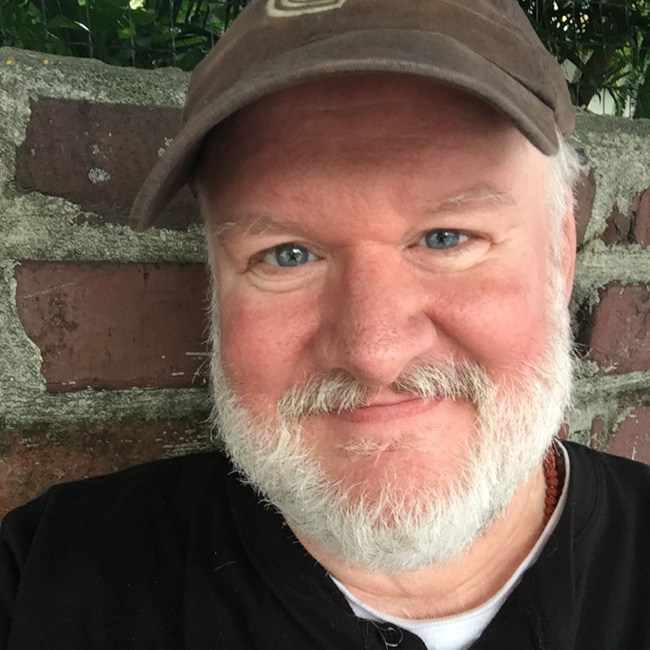
Founder, Improvement School
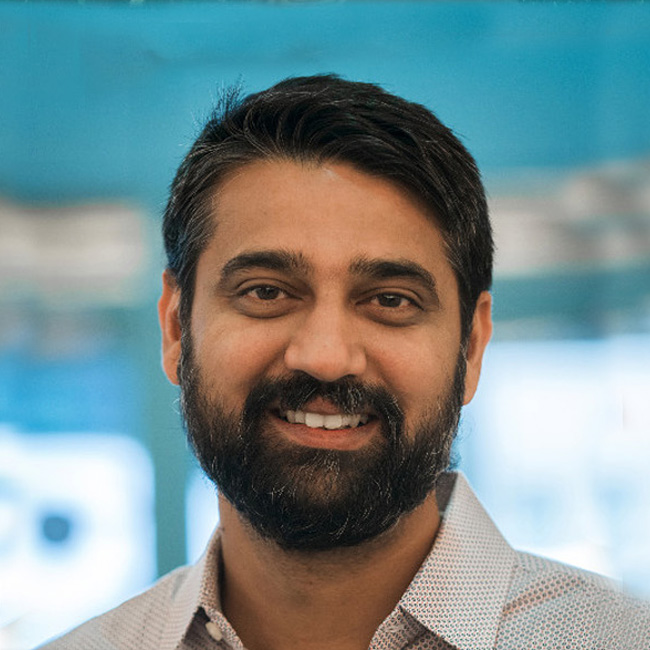
Founder, Evolve Agility
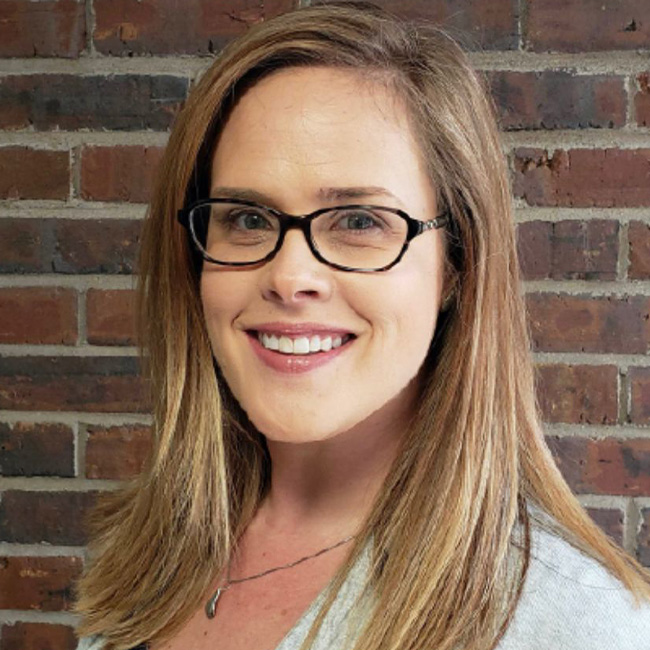
President, Women in Agile
Product Owner, Scrum.org

Adhyaksha, Ramkrishna Ashrama Rajkot
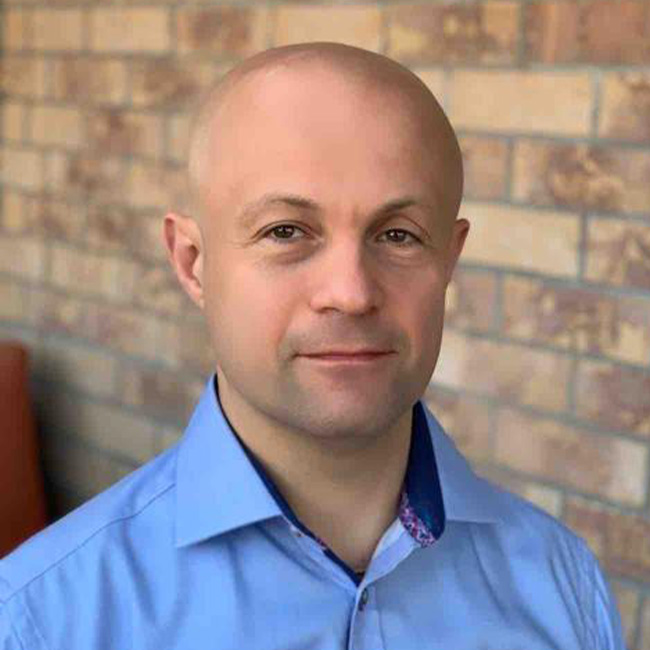
Organisational Design Coach, Consultant and Trainer (CLC- CLT)
Global Online Scrum Leadership Event


Conventional thinking assumes that designing and building any facility must follow a defined (waterfall-like) approach. Designing and building a home, a hospital or other commercial facility is a complex problem, requiring an iterative and incremental approach to delivering the best possible value to the client.
Construction professionals and interior designers solve complex problems daily. Iterative and incremental approaches (i.e. agile approaches) are necessary to allow teams to experiment, test ideas, iterate, and innovate to provide the best possible value for the customers and clients. Scrum is an agile framework that enables self-managing, cross-functional teams.
This session will examine how lean practices are being applied to hospital design at an increasing rate and the benefits being derived from the application of those practices. We will look deeper into how Scrum can be applied to both interior design and construction projects of all types to gain even deeper benefits including providing greater value to the client.
From the perspective of an Interior Designer and Certified Scrum Trainer® (Scrum Alliance®), participants will learn how Scrum can be leveraged in construction and interior design to derive similar benefits that other industries have achieved including:

We have learnt more about neuroscience and our brains in the last 20 years than in the previous history of humanity. In this talk I will share how common agile practices help your brain deliver more effectively. I will share examples of where teams and organisations have used these practices to achieve the lasting benefits.

Agile is in demand and too often misunderstood. I will try to answer how to move from the usage of tools to a dynamic favoring problem-solving, innovation, and responsiveness ecosystem.
Agile is the behavior of agents in a system. These agents are human beings. My presentation will explain what an agile organization looks like in its extreme and how to achieve it.
This extreme is not necessarily your objective, and it is undoubtedly found elsewhere.
The 12 phases of transformation provide the answer to the level of Agile you want for your organization.
Keys:



"If you can't measure it, you can't improve it." This quote, attributed to Peter Drucker, emphasises that the ability to measure something is essential for seeing changes in it. Although it is (relatively) easy to measure objectively quantifiable decision criteria such as profit, how does one measure "soft" attributes, such as team dynamics, to judge an intervention's success? The problem with most team/organisational assessments is that they say more about the persons who designed the evaluation (and what they want to sell) than about the persons taking it. This talk will present insights into the practical application of leading-edge research into what makes intelligent, high-performing teams and organisations, exploring the science behind the current buzzwords of psychological safety, diversity, and empathy.
This will be a fun look at the generation gap in Agile Practices and how today they’re used vs how they were used in the 1990’s/Early 2000’s. We’ll also discuss how AI might play a role in coaching product development teams.
Agile Practices have certainly evolved and changed over the years, but so have the people using them. From the early days of developers just trying to find better ways to develop and test code to meet the increasing demands leading to dotcom, to the more people-centric, post-COVID ways that we see today. There are many factors affecting organization’s chances for successfully adopting new practices; often one of the more common challenges is the generational gap between senior management and younger employees. We’ll examine a model for gaining a better understanding of perspectives and look to where we might be headed in the not-too-distant future.
In this session, we will explore different perspectives from one of the earliest adopters of Scrum, Dr. Bob Schatz, and his son, Derek, who grew up seeing Scrum and then became an Agile Coach. Two generations, father, and son, providing two very different perspectives of what it takes to achieve success with agile practices.


“Bad scaling is one of the biggest ‘agile problems’ of modern days for companies. Bad scaling is one of the three (the other two are : “agile tools” mania and falling a victim to big consultancies’ industrial model, one of the most expensive mistakes companies make, when they set themselves on a wrong ‘agile course’. Bad scaling is one of the three corners of “Trippe Taxation” triangle: Bad scaling comes in the form of trivializing agility at is core, weakening agile roles, plagiarizing and relabeling someone else’s experiments and calling them ‘operating models’, copy-pasting Scrum and Scrum roles into Fractal Geometry that look great on paper. Are there better ways to work? Probably not, if the ultimate goal is to relabel existing enterprise complexity with fancy agile terminology and then call it “enterprise scaling”. But there could be better ways to work if an ultimate goal is to simplify existing complexity (de-scale), and by doing so, improve your chances to scale agile ways of working (e.g. do Scrum, by more than one team, working for the same Product Owner, on the same product, out of the same backlog). In this session, Gene will expose some classic pitfalls of bad scaling and will recommend how, more good things could be done with less stuff,…how things could be done better, using Large Scale Scrum (LeSS).”

*The program schedule is subject to change under unavoidable circumstances.
Global Online Scrum Leadership Event
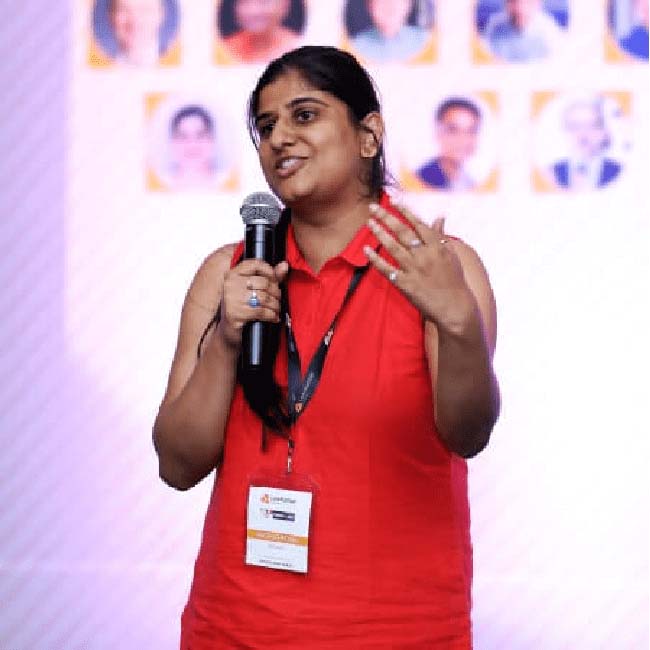
Organizer, Scrum Summit
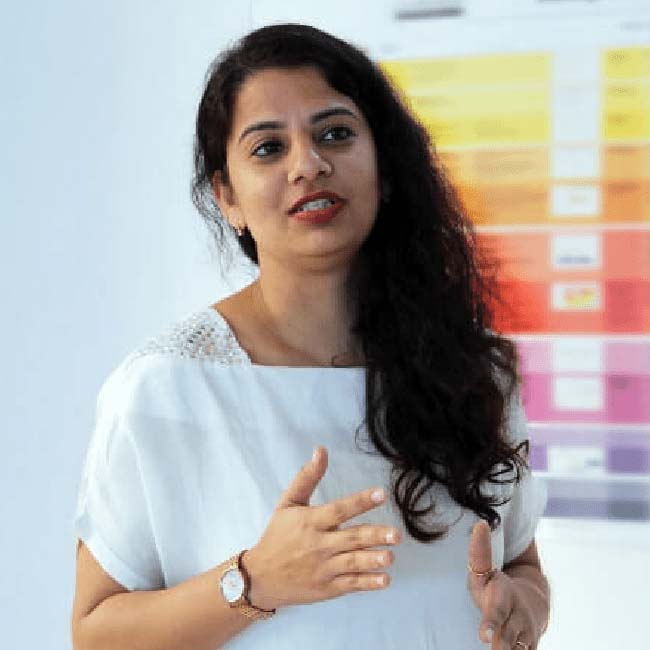
Organizer, Scrum Summit
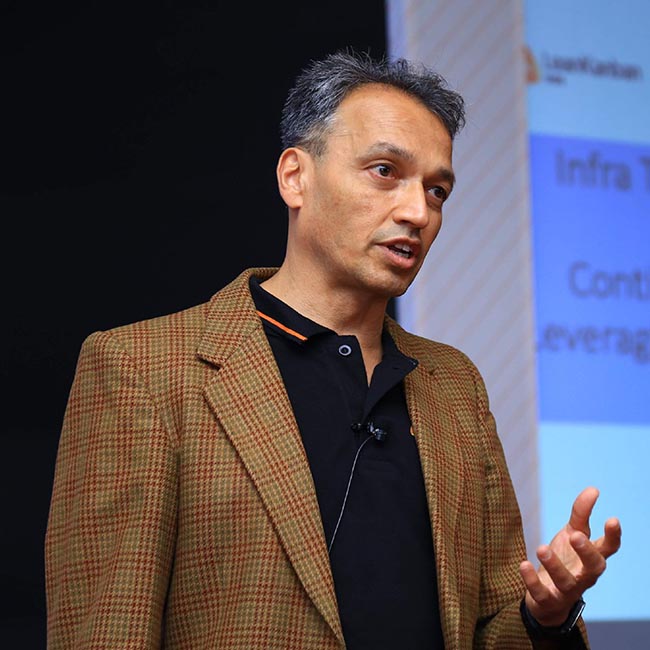
Co-Organizer, Scrum Summit
Global Online Scrum Leadership Event
Global Online Scrum Leadership Event
Global Online Thought Leadership Events


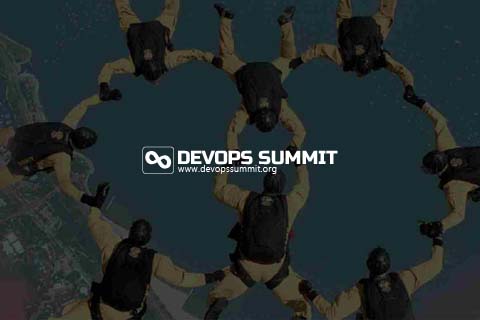
Global Online Scrum Leadership Event
200 TICKETS AVAILABLE
Participants from 25+ countries
Global Online Scrum Leadership Event
Global Online Scrum Leadership Event